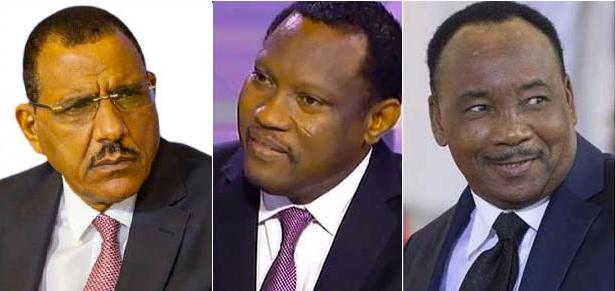
The National Assembly, Bamako, Mali
Despite the military shortcomings, the fundamental problem in Mali, and the basis of its on-going crisis, is poor governance. An analysis of the public sector strikes that hit the education, health, and justice sectors in April — which led to a change of government on 11 April — provides a good insight into the country’s state of governance.
The social movements that led to public sector strikes in the last few months were primarily motivated by extremely low public sector salaries, which itself is the result of IMF and World Bank finance conditionality. While that might be acceptable, the way in which the country’s politicians have been spending on themselves is not.
The National Assembly, with 147 deputies, has a budget of 16 billion CFA francs (US$26 million), while the Justice Department receives only 75% of that for 550 magistrates. That largely explains the magistrates’ strike. In addition, MPs and ministers were guilty of multiple financial misappropriations.
Conditions in the health sector are far worse. The salary of a Malian doctor in the public sector is barely 140,000 CFA (US$238) francs a month, while the monthly rent of a house costs about 1,000,000 CFA francs (US$1,700). Instead of investing in much needed health care, the state spends a fortune on sending its patients to seek treatment in Morocco and Tunisia. In education, teachers consistently demand improvements in wages and better working conditions; most schools are reported to have class sizes of 150.
It is said that the magistrates won their battle first because they threatened to reveal damaging cases, hitherto hidden, concerning members of the government. The strike in the health sector, however, was not settled for another 20 days, by which time there had been more unnecessary deaths. The educational sector was dealt with later still, and only after soldiers dressed in civilian clothes acted brutally against the striking students, pickets, and demonstrations; with one being shot dead.
But the major problem is the parasitic and speculative nature of the economy, where political influence is the basis on which most contracts are obtained, while such actors — most of whom are the country’s most powerful politicians — are not investing in productive sectors but in speculation.
This is an excerpt from an article in this month’s Sahara Focus publication.



